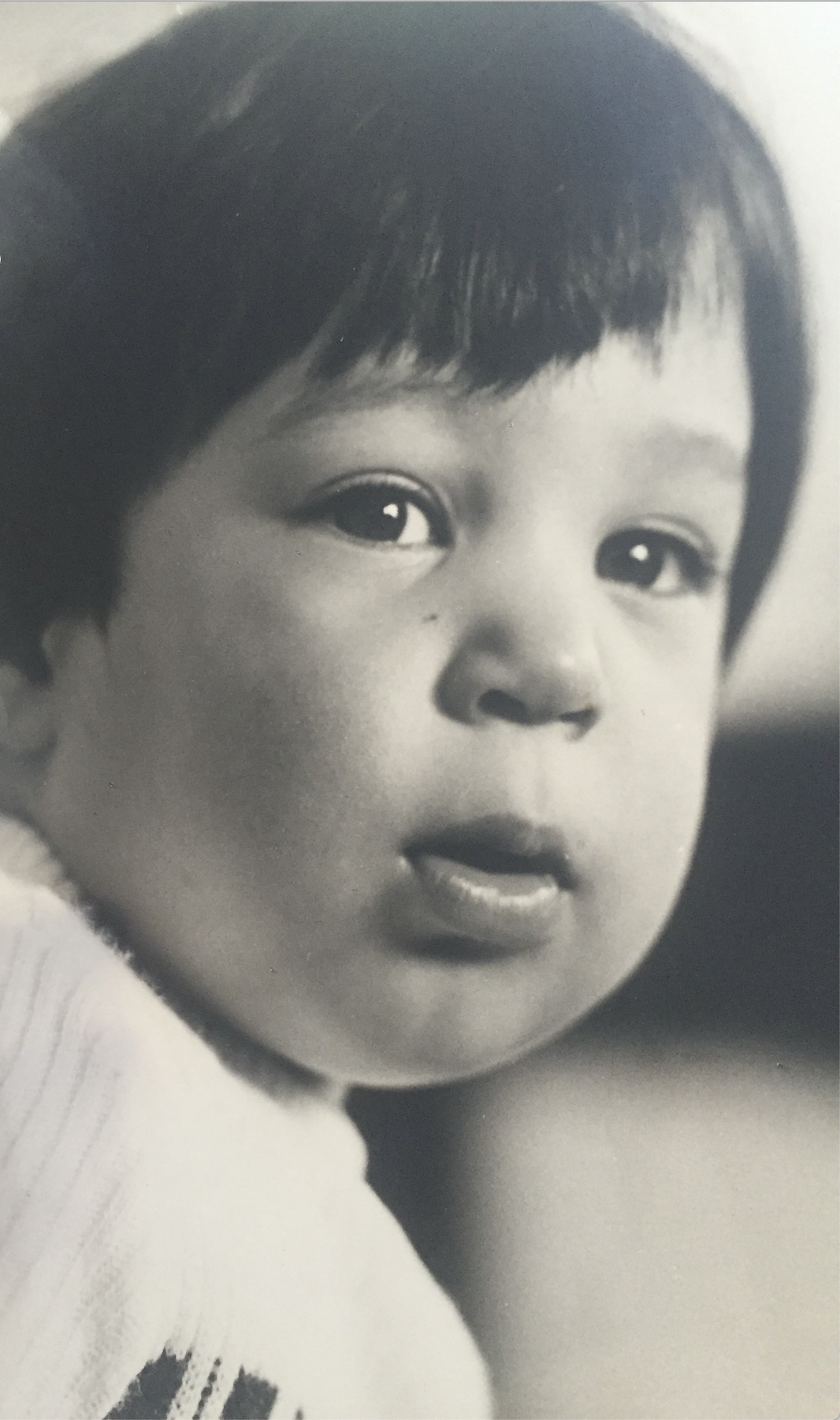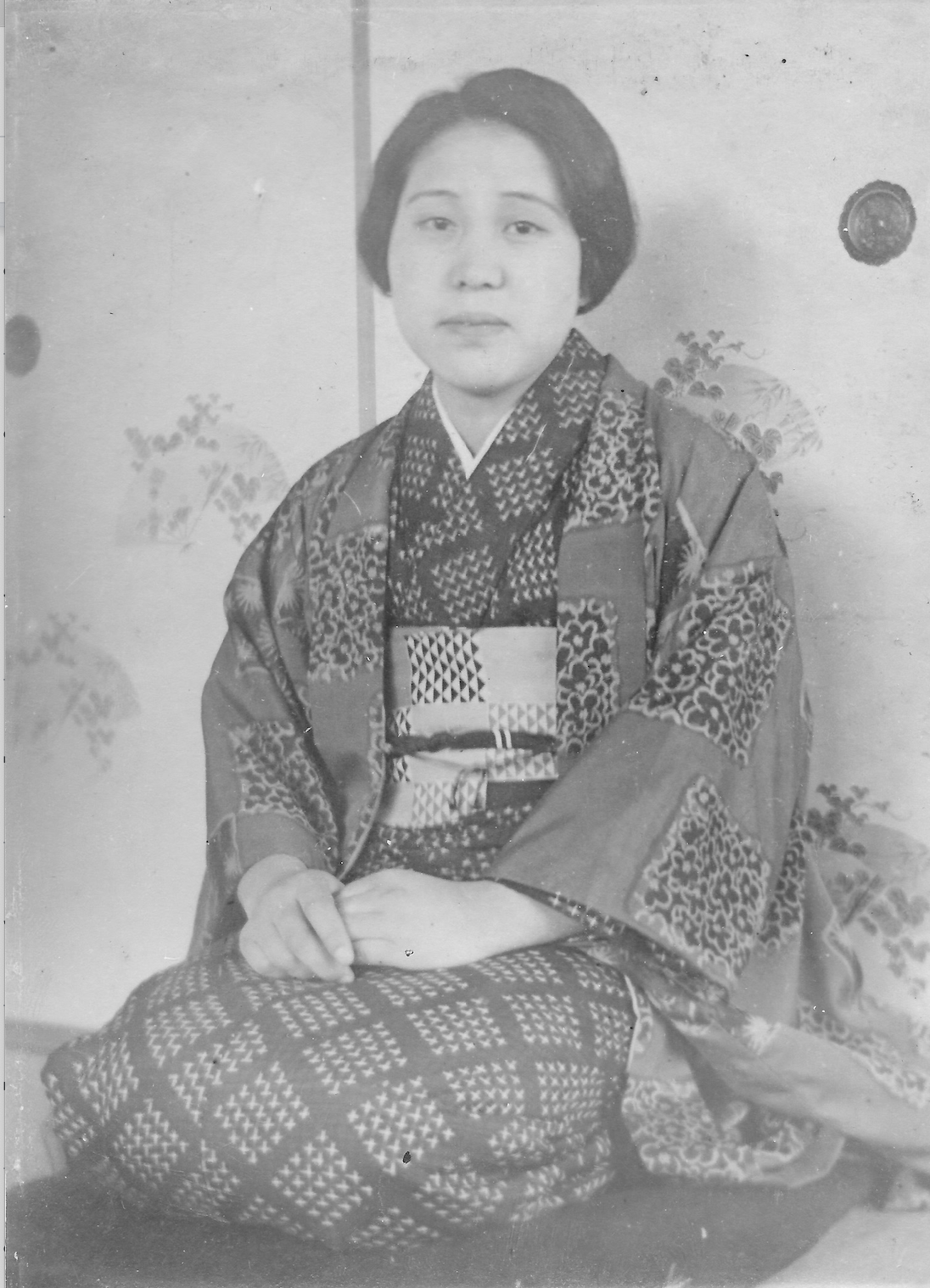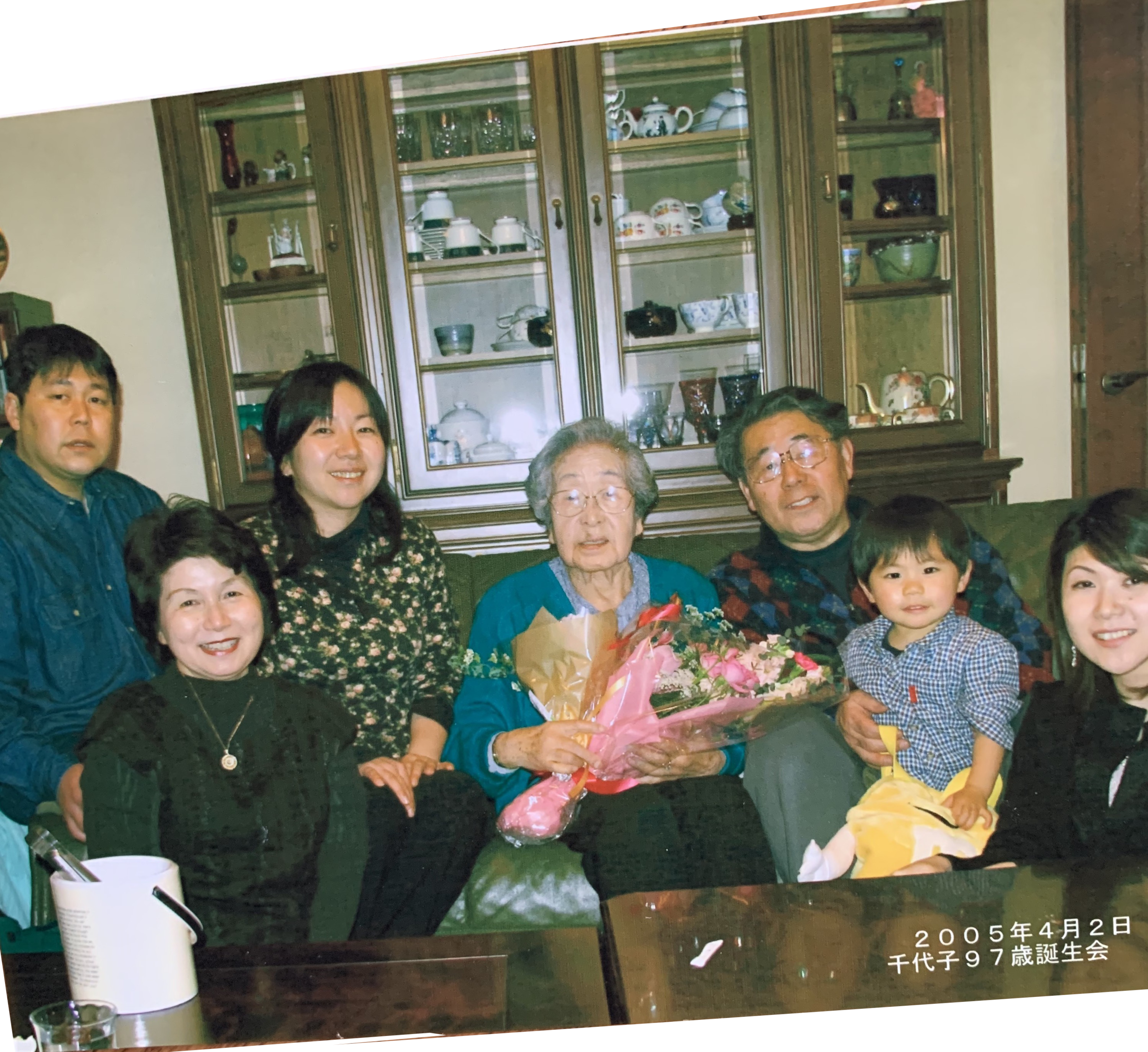Chapter 1: The Vibrant Scales of Heritage
“Half-Asian kids like myself were extremely unusual, and I was left to find my own cultural identity and sense of belonging in a country which had yet to fully find its own post-colonial story.”
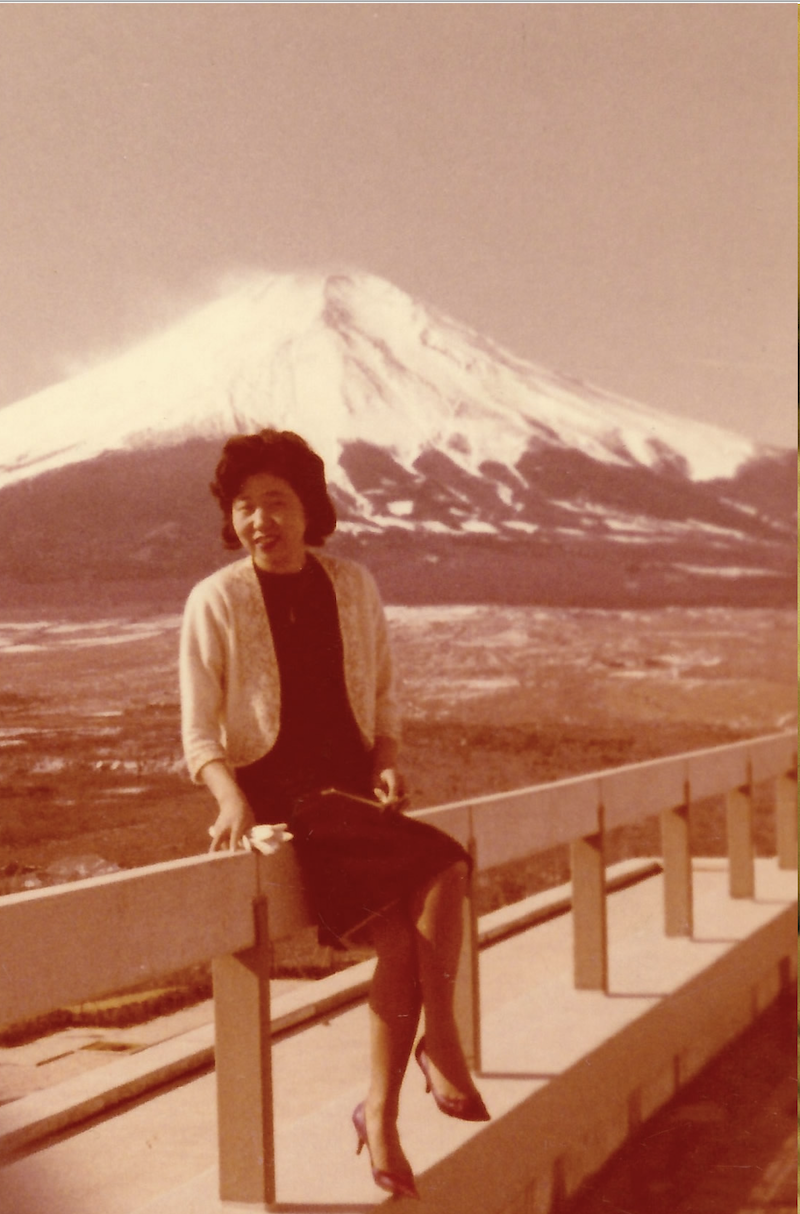
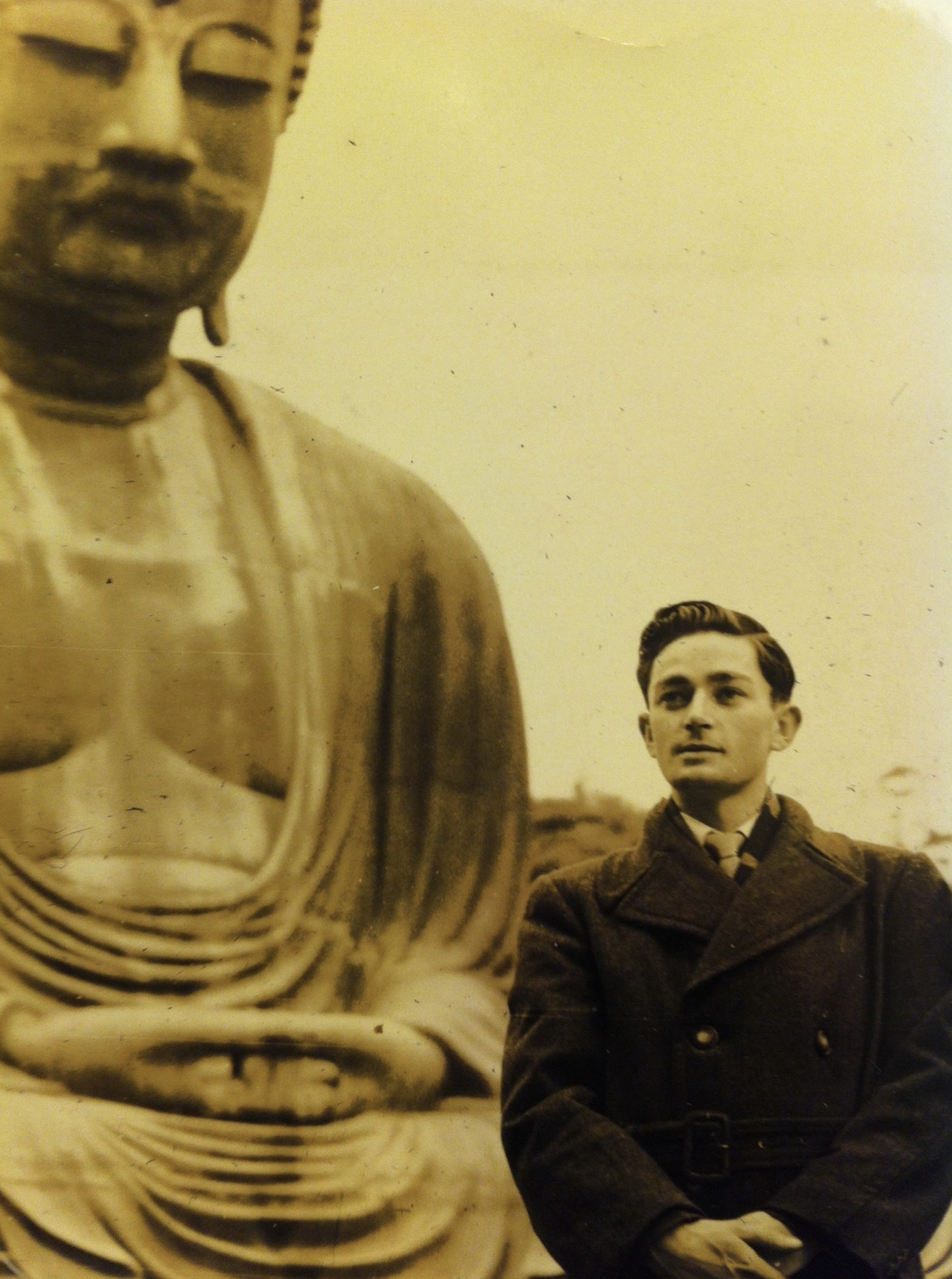
![[1967 obaachan ojiichan]](https://images.squarespace-cdn.com/content/v1/5b61c56df7939206fea9733e/1588870321575-QGA3OOB3WCTIAAHL687Q/MdCL+Fam+Roots+7.png)
![[1967 mum and dad]](https://images.squarespace-cdn.com/content/v1/5b61c56df7939206fea9733e/1588870350761-3W8YUQ1U7TY91QXCOTWC/MdCL+Fam+Roots+1.png)
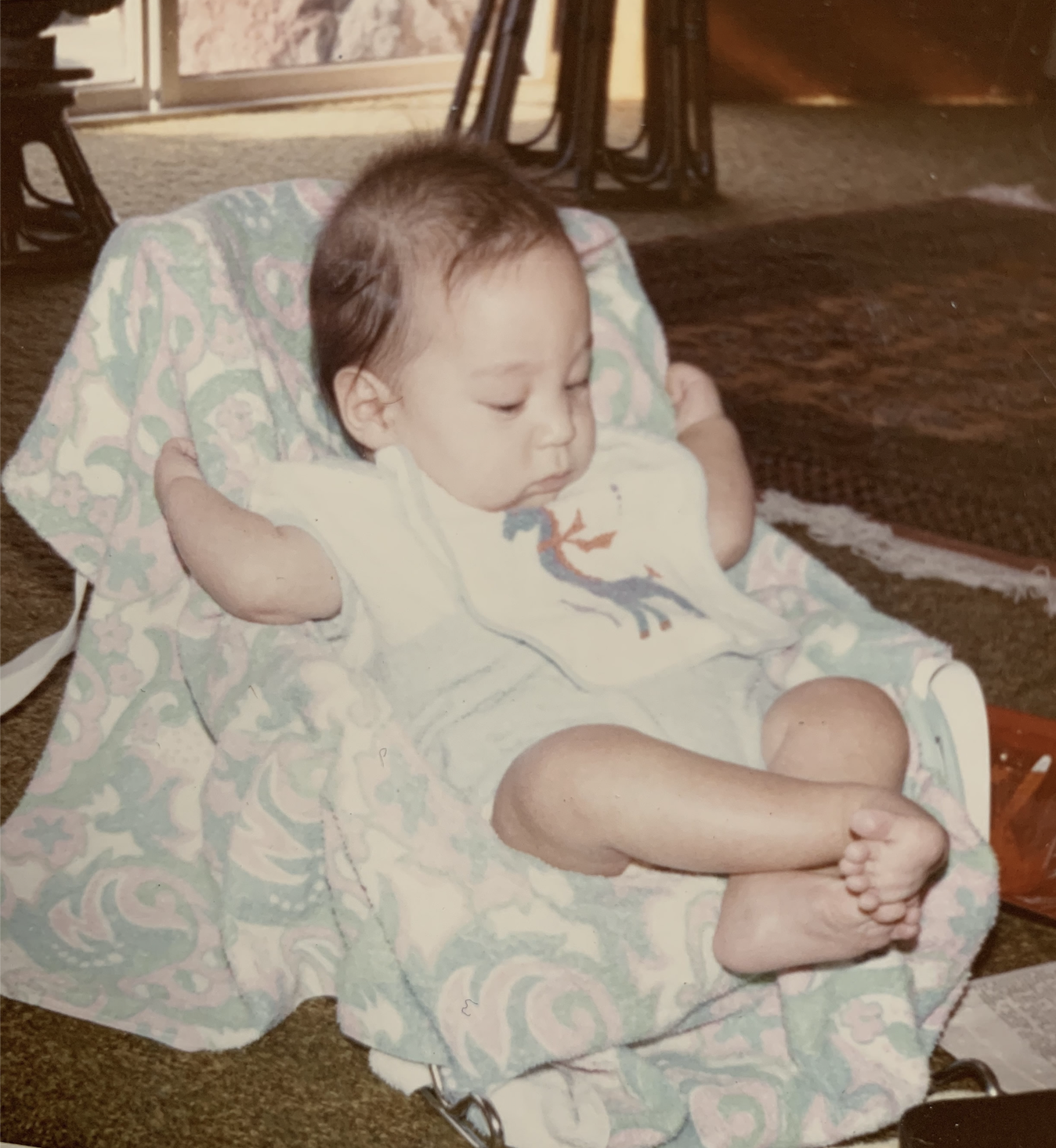
Growing up in Auckland, New Zealand there were no other half-Japanese kids around me, or even full-Japanese people beyond my own mother. I was largely surrounded by a Eurocentric culture and society that didn’t have a place for mixed-race people of non-white origin. There was no one I felt I could share my feeling of difference with, and it was something that my own parents didn’t even have an awareness around. I did get asked a few times growing up if I was part-Māori, but no one would ever guess I was actually half Asian.
(click on images to enlarge and hover to read captions)
“Music was what always gave me belonging. It was my fantasy escape route - whether that was listening to my dad’s Ellington and Basie big band records, my brother’s jazz records, or walking around Tokyo age 10 with my first walkman blasting a Beatles greatest hits tape - music gave me a sense of possibility and escape.”
My education was very colonial-rooted, traditional English-style schools skewed to the more able-minded and able-bodied students, with very little intentional cultural integration beyond teaching us the basic history of New Zealand and the colonial-perspective history of the modern world.
Starting at age 10, I would go to Japan every northern summer to see family and spend time in my motherland, usually with my mother or (older brother) Ian. These visits gave me somewhat of a direct familiarity with Japan, but not a real depth of understanding given my age at the time. I got to know my family fairly well - aunts, uncles, cousins, but was closest with my grandmother of all our family there.
LINER NOTES
Mark’s grandmother Chiyoko (c.1930): “My grandmother was a massive fan of sumo wrestling, an accomplished Noh singer - a traditional form of Japanese theater involving music, dance and drama, originating in the 14th century. Women Noh singers were rare before the 1940’s, and still remain so today. She was also an aspiring opera singer in her youth, which I didn't learn until years later after her death.”
Mark’s obaachan’s 97th birthday (2005): “I was embraced by family in Japan immediately, and my parents’ extended community there. However, to the average person in public, I was a foreigner - tall enough at age 10 to already be standing out, and clearly not a full Japanese - so as much as I felt something natural and grounding in Japan, even at that young age, I also felt a sense of otherness there. In Japan, I found a second home, but still knew that I didn’t quite belong.”
“I finally felt some sense of belonging in high school, when I found music that lit up my spirit, and a crew to create with - none of whom were from my school, my ‘side of the tracks’, or my culture. The whole crew was Polynesian/Pacific Islander and I immediately recognized the rich sense of culture and community they had, which I had never come across before up to that point. ”
In my early high school years, one of my friends played me the first Guy album around 1989. Guy was an R&B band, led and produced by Teddy Riley, a multi-instrumentalist, songwriter and producer of so many artists - Michael Jackson, Bobby Brown, Blackstreet, Heavy D and the Boys. Riley, who founded his music production company in Virginia Beach, Virginia, was an originator of the New Jack Swing, a genre popular in the late 80’s and 90’s, and fusion of jazz, funk, and hip hop. Hearing Teddy Riley’s production, sounds, harmony and groove blew my mind and opened my imagination to a universe of possibility.
It wasn’t long before I was buying all the New Jack Swing and Native Tongues hip hop that I could find in Auckland, as well as creating music with my keyboard and drum machine to make my own music inspired by what I’d been hearing from the New Jack Swing sounds. I collaborated intensely with local singers, rappers and DJs, but after a couple of years, decided that what I wanted to focus on my first instrument - the piano - and first music love - jazz.
My desire to pursue jazz led me to the Berklee College of Music in Boston where I was a formal student for one semester and a casual “I’m-still-here-on-campus student” for the second, before returning to NZ in late 1995, hungry to keep exploring this music.

